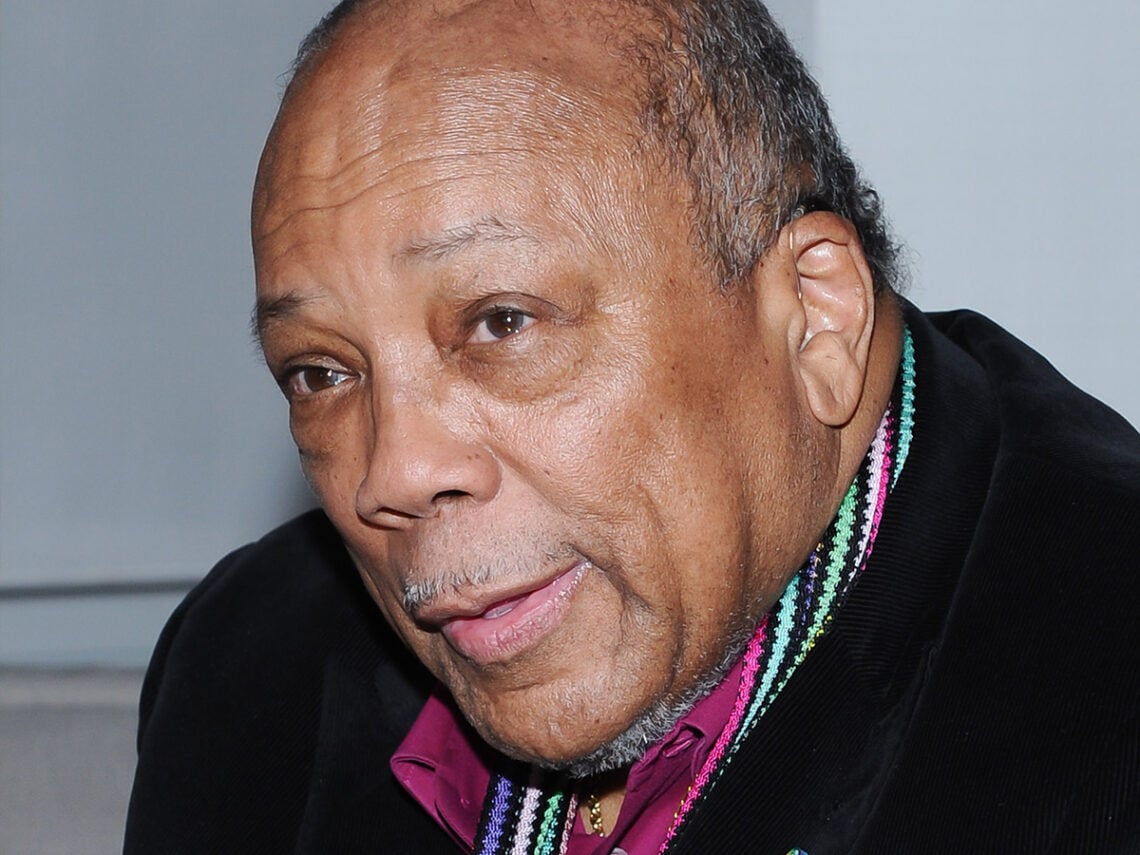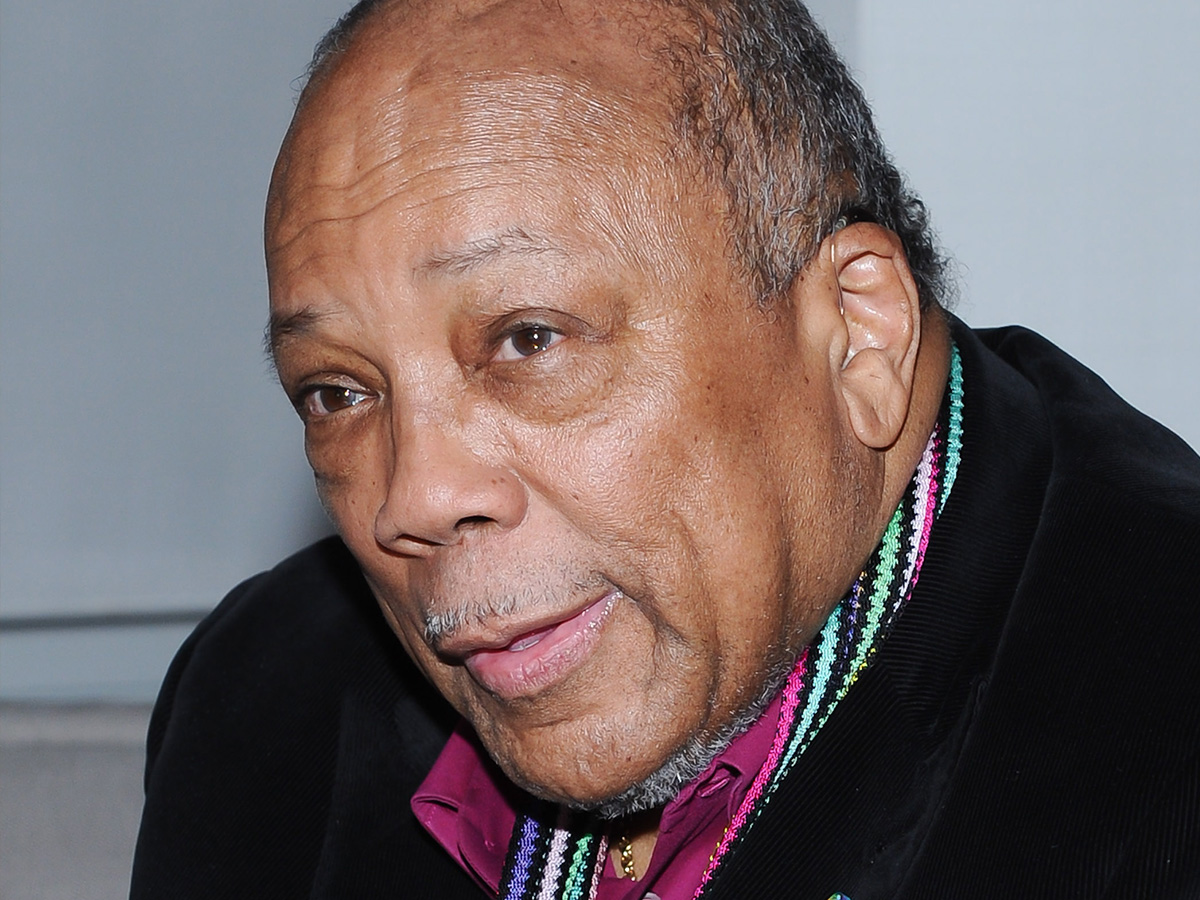
(Credits: Canadian Film Centre)
Sun 14 September 2025 21:30, UK
The archetype of what we know as pop music was shaped by Quincy Jones.
Even though he was responsible for working with some of the biggest stars of the 1980s, he was working with the biggest names in pop before The Beatles had even arrived. He only saw himself as doing the job of a seasoned producer, but he knew that there were always going to be a few albums that stuck out above all the rest.
But when he got into the business, Jones was more than a simple producer. His arrangements on some of Frank Sinatra’s greatest works made him a fixture of the easy-listening circuit, but Jones wasn’t looking to make soft music the rest of his life. He wanted to venture into the big leagues, but even with his track record, nothing was going to eclipse what he did with Michael Jackson at the dawn of the 1980s.
Jackson’s fame was always going to be a perfect storm of raw, God-given talent, the right production, and the cultural juggernaut of MTV, Jones should at least get half of the credit most of the time. He knew a hook when he heard one, and even if the ‘King of Pop’ was resistant to what he was doing, there’s a reason why he won out when he demanded that the violin break be featured at the start of a track like ‘Don’t Stop Til You Get Enough’.
And it doesn’t take a rocket scientist to figure out why Jackson’s albums sounded so different after Jones left. There was a way for him to make fantastic songs on his own, but it’s very telling that there was a team of producers working on records like Dangerous and History compared to Jones’s singular vision. He had enough to tell Jackson when he thought something was crap, but that only comes from someone that’s been listening to the arrangements for years at a time.
From day one, Jones lived and breathed music whenever he worked with people like Sinatra or Ray Charles, but there was a special place in his heart for jazz. Pop standards may have been what paid the bills when he started working on ‘The Shadow of Your Smile’, but there was always a certain power in hearing Miles Davis’s trumpet every time his records came out.
Despite Jones being part of the soundtrack for pop music to come, he knew nothing was better than hearing Davis’s music, saying, “His early stuff, though, has to be some of my all time favourite music. People always ask me how to get kids into jazz and I say ‘Give em Kind Of Blue’ and make them take it every day, like orange juice.” But I also liked Bitches Brew. People were telling us not to mix jazz with rock, that myopic mentality. That’s bullshit. Miles, Cannonball Adderley, Herbie Hancock and myself used to talk about this, how you should try everything.”
And by the sounds of his later work, Jones was always willing to practice what he preached when it came to trying everything. ‘We Are the World’ was always going to be a challenge balancing all of those voices, but having a knowledge of every single genre on the charts was what helped make records like Bad so versatile, be it the gospel flair of ‘Man in the Mirror’, the smooth R&B of ‘Liberian Girl’, or the funk-rock of ‘Speed Demon’.
Any other artist could find their sound and stick with it, but that was never really an option for Jones. He wanted to create the kind of sounds no one had ever heard yet, and that meant taking a sample from every single genre he could think of until he landed on something that felt right.
Related Topics

